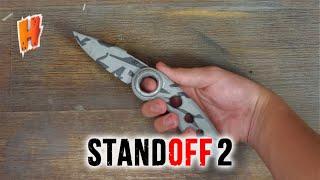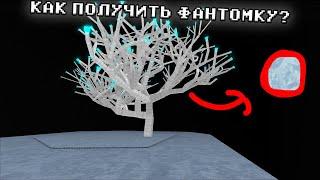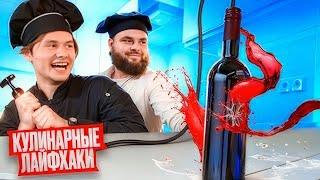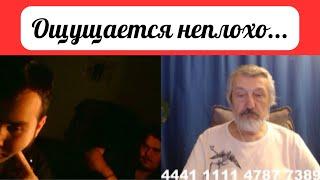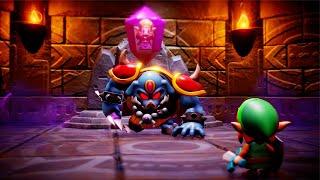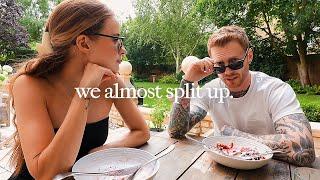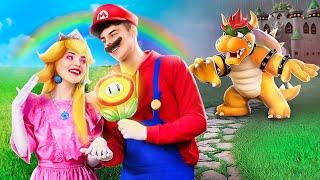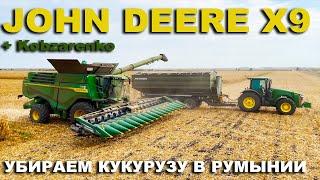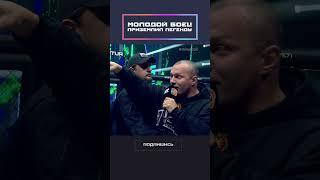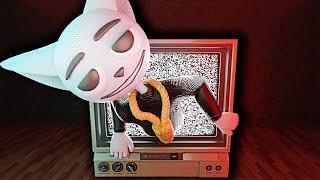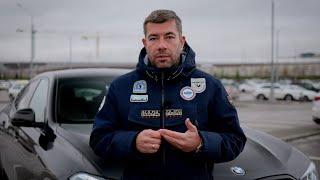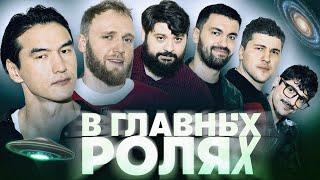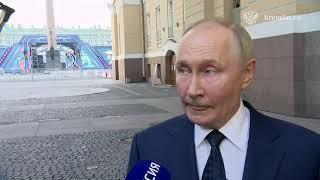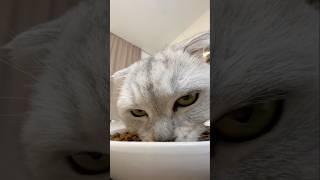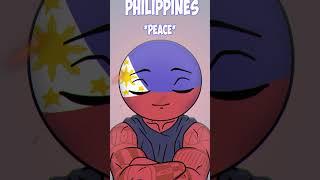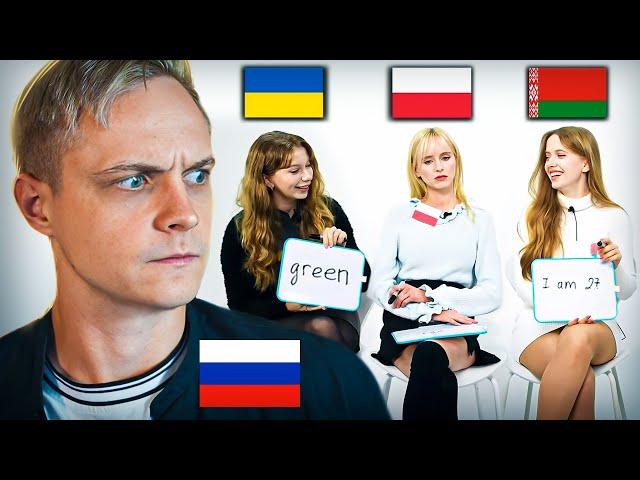
RUSSIAN TRIES TO UNDERSTAND SLAVIC GIRLS! Ukrainian, Polish, Belarusian and Czech languages
Комментарии:

thank you for the video... always find you content entertaining
Ответить
"I forgot any language blyad' in the world" 😂
Ответить
Fun fact: The name thing stuck around in some other languages. The word for Belarus in Danish is "Hviderusland" which just means "White Russia" - But a few years ago, the foreign ministry decided to change that name in all official communications to "Belarus." Honestly we should just call all countries and cities whatever they're named in the local language, having every language calling them something different is ridiculous. 😅 Pronouncing it bad is better than saying something completely different.
Ответить
ruSScists are not slavic.
rf is a confederation of Mordovian, Turkic, and Mongolian countries.
All the slavic republics ate located to the West from Golden Horde a.k.a rf

No, in Polish koń has nothing in common with oral sex. If anything it'd have to do with male masturbation.
Ответить
I like your humor, bro! Keep it up! Love from 🇵🇭
Ответить
Great content 👍 I must admit that I love Slavic languages, I have always been fascinated by the fact that we can communicate with each other. You just have to watch out for the so-called "false friends" - words that sound the same, but mean something completely different, and there are a lot of them (e.g. in Polish "dywan" is "carpet", not sofa... 😏), but is quite easy. Well, theoretically... Slavic languages are divided into three groups: eastern (Russians, Belarusians, Ukrainians, Ruthenians), western (Poles, Czechs, Slovaks) and southern (all of former Yugoslavia plus Bulgarians). Members of these specific groups understand each other best, but less so with representatives of other groups. In my opinion, West Slavic and East Slavic languages are closer to each other, while South Slavic languages have more differences to us... OK, I understand everything in Czech 🇨🇿 I have been many times in the Czech Republic, and learned Czech a little bit. In second place is Russian 🇷🇺 which has always been my favorite language and I have tried to learn it in the past. At school I had English and German, but I hated German so much that I never did anything during lessons, but sometimes I learned Cyrillic alphabet under the desk 🤣 (actually, I was inspired to learn Russian by the Polish series "Четыре танкиста и собака" 🤣). I understand almost everything in Russian, if someone speaks slowly, but I have a problem with speaking. If you know one of the Slavic languages (apart your own) it is easier to understand all the others... I can recommend you two channels called Ecoliguist and Slavic Languages Hub (created by Polish guy). You can find there many similar experiments with our Slavic languages, but at a much higher and more interesting level than those pretty, but (i'm sorry) no so smart girls.
P.S.
In Polish "куннилингус"/"кунни" is "minteta" or "minetka" so it doesn't evoke these kinds of associations. By the way "walić konia" or "bić konia" (beating a horse) does means the sam as "душить гуся". Однако для этого существует очень много разных эвфемизмов... eсть даже фраза "bić Niemca po hełmie" ("бить немца по каске") 🤣 never mind... So what could she possibly mean with this horse? Well, generally, in Polish a horse is "koń" (кoнь), but in the dialect of the inhabitants of the Polish part of Tatra Mountains it is "kuń" (кuнь). This pronunciation was also characteristic for many other rural regions. It can be said that today it is associated with a simple, poorly educated person from the countryside in Poland. There's nothing funny about it for me, but some people might find it funny. It happens that Poles intentionally distort this word to say "kuń" just for fun.
Take care, brother! 👋

When the Czech girl said 7 she said sed(u)m where u was for like 0,1 second and the s was normal s like in english
In polish it's siedem where "si" is pronounced like russian щ, but shorter or belarussian softened s

🙂🙂🙂👍👍👍
Ответить
ukrainian is the language of dogs
Ответить
I also understand 27 (Polish here)
Ответить
Dude, aren't you belarusian? I just don't get it, you don't have respect for your culture?
Ответить
I'm Polish!
Ответить
BelaRUS not because of Russia but because of Kievan Rus/Ruthenia, so ByelaRusь (Беларусь = Бела Русь/Белая Русь) means "White Ruthenia", not "White Russia".
So it's Belarus like "Byela-rusya", not like "Byela-rossiya".
You're welcome!

Belarus - The white Rus peoples. So, it's not to much of a mistake i believe to call "Belarossiya", since Rossiya is also the land of the Rus by definition. Bratskiyi narod )
Ответить
Привет из Греции брат, горжусь для мои славянскими корень! From my not so high level of Russian knowledge, i understood what the Czech girl said (the first phrase), but i had to listen twice.
Ответить
